Everything You Need to Know About VA Loans

Why do you care about the GI Bill of 1944? Because it grants you a benefit that your civilian Millennial ‘peers’ would salivate over!
The military mortgage - also known as the VA Loan program - makes it easier and cheaper for members of the military to buy a home.
Maybe this is why home ownership rates are higher among military service members than civilians. Some estimates show that 80% of military members own homes versus 64% of their civilian peers.
Whatever the reason, read on to find out how you can claim your piece of the American dream.
What Is a Military Mortgage (a.k.a. VA Loan)?
The U.S. Department of Veterans Affairs is a federal government agency that provides benefits to veterans. One of these benefits is a military mortgage: help for active duty service members, veterans and surviving spouses to become homeowners.
The VA is not a bank and doesn’t actually lend you the money to buy a house. Instead, the VA works with private lenders like your local bank or mortgage company. To encourage lenders to provide a mortgage to vets and members of the military, the VA can guarantee a part of a home mortgage loan.
Bottom line is that if you don’t repay the loan, the VA repays that part they guaranteed.
Is a VA Mortgage Loan Better than a Conventional Mortgage Loan?
Yes. The key difference between a military mortgage and a conventional mortgage is that the VA is saying to the private lender; hey, we vouch for this borrower’s ability to repay the loan and we’re so confident that this borrower will make good on the loan that we, the government, are willing to guarantee repayment of a part of the loan, in case there is a loss.
A government-guaranteed mortgage loan means less risk for the private lender compared to a conventional mortgage loan. This makes it easier for you to get approved for a VA loan compared to a conventional loan.
Let’s take a closer look at some pros and cons of a military mortgage.
Benefits of a VA Loan
Military mortgages offer several benefits when compared with conventional loans. These includes:
- 100% financing
- No private mortgage insurance (PMI) requirement which saves you money
- Better interest rate which saves you money
- More lenient credit score requirements
- More lenient debt-to-income requirements
- Don’t have to be first-time homebuyers
- You can use benefits again if you move your primary residence
- Closing costs are limited and may be paid by the seller
- VA guarantees up to 25% of the maximum conforming loan limit
- VA financial counselors available to help borrowers when struggling to repay
- Bankruptcy or foreclosure don’t permanently exclude you from VA loans
This is a significant list of advantages that are generally not available with a conventional mortgage. As great as these benefits are, be aware of some potential drawbacks of VA loans.
Potential Drawbacks of a VA Loan
Two potential drawbacks that borrowers should consider are the risks of 100% financing and the funding fee associated with VA loans.
As great as 100 percent financing sounds, it poses risks for borrowers. Let’s say you got 100% financing for a $200,000 mortgage. This means that at the time of purchase, your home was appraised at $200,000.
If the housing market in your area weakens, the appraised value of your home might decrease. If the value decreases, you could owe more than your property is currently worth (this will not affect your payment).
Another consideration is the VA loan has a funding fee. This fee can range from 1.25 percent to 3.3 percent (100% waived if you have a disability rating). On a $200,000 loan that fee could be $2,500 to 6,600. You do not typically pay this out of pocket, that fee is included in the total loan balance which will increase the total amount owed when it’s time to sell the house.
And don’t forget that as part of your total loan balance, you would be paying interest on the fees!
Are You Eligible for a VA Mortgage Loan?
Before you apply for a military mortgage, you have to get your DD214 Certificate of Eligibility (COE). The COE is evidence that:
- You served 181 days of service during peacetime
- You served 90 days of service during wartime
- You served 6 years in the Reserves or National Guard
- You’re a surviving spouse of a service member who died in the line of duty (not remarried)
The easiest way to get your COE is to request it from your lender or mortgage broker. Lenders have databases that can pull up your COE immediately. You can also visit VA benefits site.
In addition to the COE, you will need to provide additional documents to verify your eligibility. The requirements vary among veterans, active duty, guardsmen, reservists, and surviving spouses.
How Do You Apply for a VA Mortgage Loan?
Fortunately, most banks and mortgage companies are very knowledgeable when it comes to applying for a VA mortgage loan. But keep in mind that not all lenders originate VA loans. Before starting the application process, check with your preferred lender.
How Much Can You Borrow with a VA Mortgage Loan?
Before we can discuss the maximum loan amount on a military mortgage, let’s quickly review some basic mortgage vocabulary.
The conforming loan limit is the maximum dollar amount on the size of a mortgage that the Federal National Mortgage Association (a.k.a. Fannie Mae) and the Federal Home Loan Mortgage Corporation (a.k.a. Freddie Mac) will purchase or guarantee.
Each year, the Federal Housing Financing Agency establishes a maximum conforming loan limit.
The VA does not have a set loan limit, it is determined by your entitlement amount. Your entitlement amount is determined by the amount of time and rank you have/obtained during your service.
How Do You Get Approved for a VA Mortgage Loan?
To get the keys to your home, there are a few steps you have to take: getting a pre-approval letter, finding a house, making an offer to buy it (a.k.a. getting under contract), being patient during the underwriting process, and finally, closing your loan.
Pre-Approval
The first step in getting approved for a military mortgage is to get a pre-approval letter. Having a preapproval letter helps you understand what your purchasing power is and it helps sellers take you seriously.
Your pre-approval letter should come from a trusted lender that originates VA loans. You’ll be asked for the following documents:
- Copy of your driver’s license
- Copy of your DD-214 or Reserve/Guard points statement
- Statement of service for active duty borrowers
- Recent pay stubs and W-2s for the last two years
- Recent bank statements
- Disability award letters if applicable
Your lender will check your credit score and will calculate a debt-to-income ratio. They should also be able to help you get your Certificate of Eligibility for a military mortgage.
Finding a House
Finding the perfect house for you is exciting and stressful. Before you get your heart set on a property, be mindful of the types of homes that a VA loan can be used for. It needs to be a primary residence such as:
- Existing single-family homes
- New construction single-family homes
- Condos
- Multi-unit properties up to four units (if you'll live in one of the units)
- Manufactured or Modular housing (not all lenders will lend to these types of homes)
The property should be in good shape. The VA loan program has Minimum Property Requirements which is similar to a home inspection but not as in-depth. Purchasing a fixer-upper is possible but likely very challenging to make it through the VA appraisal process.
Making an Offer
After you identify the house you love, your agent will help you put together an offer. The offer will include how much you are willing to pay for the property, what costs you and the seller will pay when you want to close the loan, as well as a special addendum that ensures you will get your earnest money back if the property doesn’t appraise.
Be Patient During the Underwriting Process!
The underwriting process is all the due diligence that the VA and the lender have to do to get comfortable with extending the loan to you.
An independent appraiser will be appointed by the VA. This appraiser may find repairs are needed under the VA’s Minimum Property Requirements. At the same time, the VA is appraising the property, your lender will be confirming your financial ability to repay the loan. This phase usually requires a lot of back and forth between you and your lender. If you are using a broker, they will play the buffer between you and the lender to help things move forward smoothly.
When the VA finalizes the appraisal and your lenders are confident in giving you a mortgage, they will tell you that you’re “clear to close.”
Closing Your Military Mortgage
After you have been cleared to close, you’ll receive a Closing Disclosures document. This document provides the final closing costs and loan information. Review this document with your lender and real estate agent. If you’re satisfied, then you’re ready to close!
Are You Ready?
Let's be honest, Millennials have it a lot tougher than previous generations when it comes to buying their own home. You may have heard of VA loans but had no desire to deal with more red tape from a government agency.
The good news is that your Seattle mortgage broker will guide you every step of the way and make homeownership a reality for you and your family.
Contact us today to get a free quote and consultation for your Veteran loan.
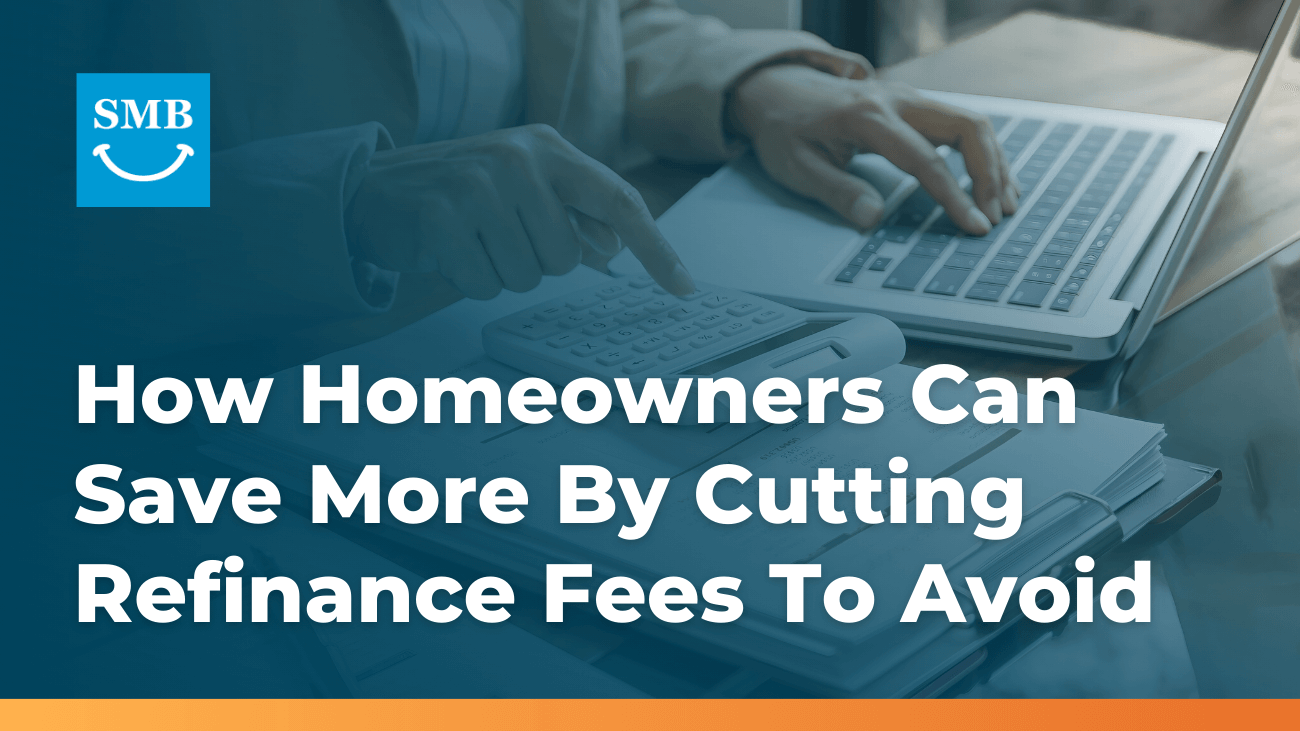
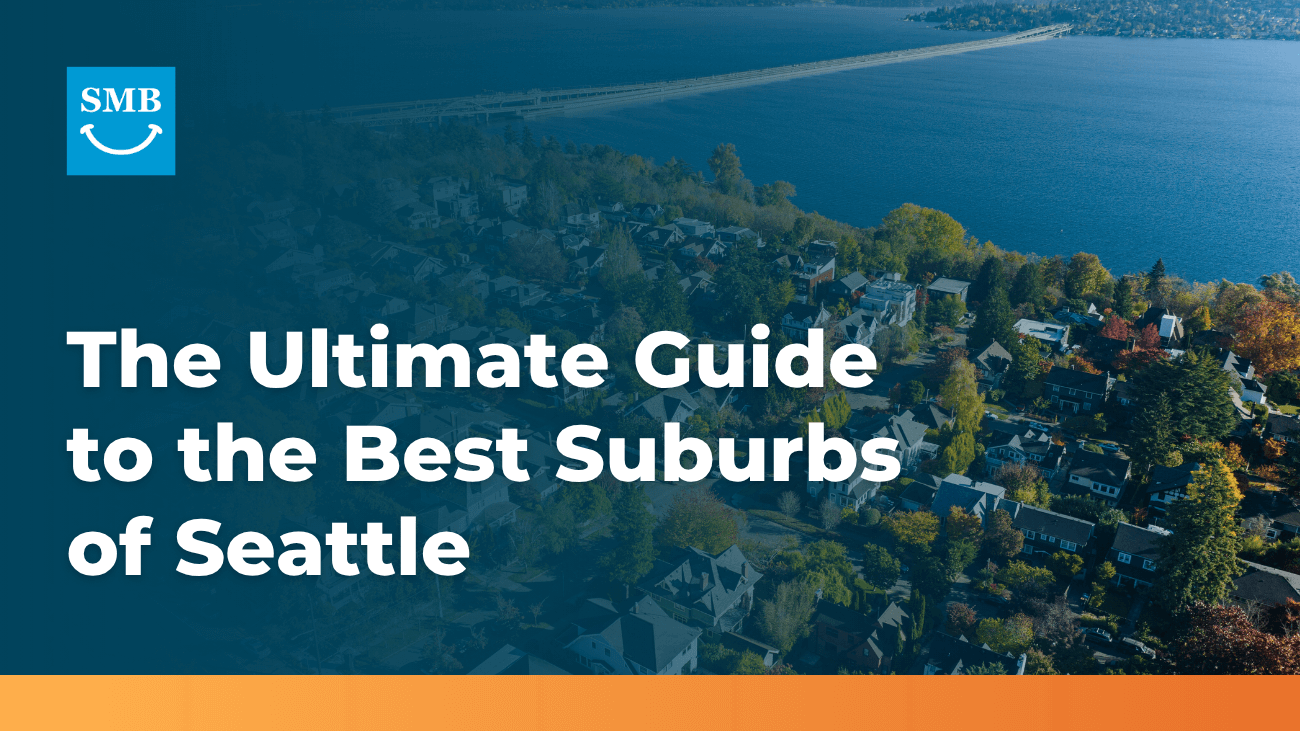
The Ultimate Guide to the Best Suburbs of Seattle
Should You Use a Mortgage Broker? Everything You Need to Know First
How to Find the Right Neighborhoods in Seattle for Your Budget and Lifestyle

Warrantable vs. Non-Warrantable Condos: What Every Buyer Needs to Know Before Financing

How Much Does It Cost to Refinance a Mortgage in Seattle? A Homeowner’s Guide
.png)
How Often Can You Refinance Your Home?
.png)
The Complete Guide to For Sale By Owner (FSBO) in Seattle

10 Questions Every Seattle First-Time Home Buyer Asks

What is a Non-Warrantable Condo?

Ultimate Seattle Mortgage Loan Documents Checklist
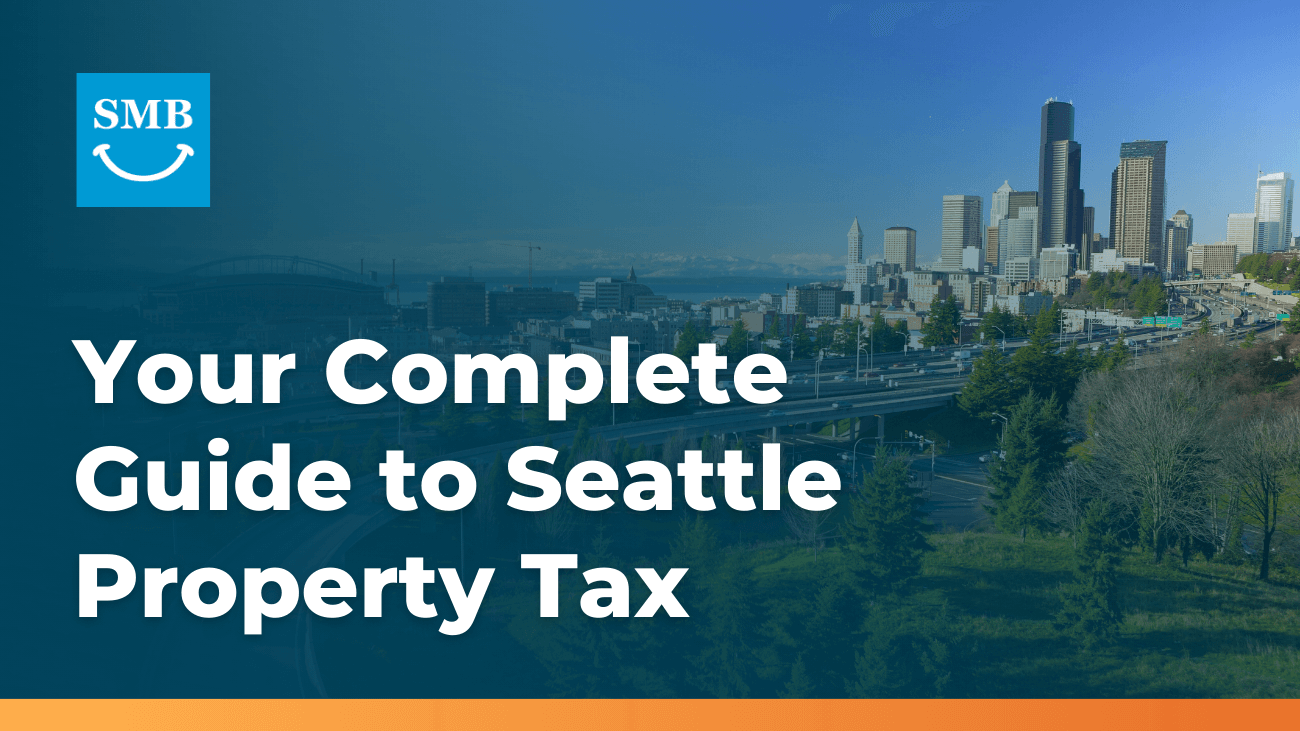
Your Complete Guide to Seattle Property Tax

Why You Should Work with a Mortgage Broker

Where to Find the Best Local Mortgage Broker

Where Are The Best Places To Live In Seattle?

What’s the Best Way to Save Money for a House in Seattle?

When is the Best Time to Refinance a Home?

What is the Jumbo Loan Limit in Seattle 2020?

What You Need to Buy a House in Seattle

What Is a Jumbo Loan and will you need one when moving to Seattle?

What is the Jumbo Loan Limit in Seattle?

What Is A Non-Warrantable Condo?

What is the Best Down Payment Amount on a House in Seattle?

What is PMI Mortgage Insurance? And Why It Is Not As Bad As You Think

What Is A Cash-Out Refinance?

What do Home Loan Underwriters Look For?

What Down Payment Do I Need for a House?

What Are The Costs of Buying a Home?

What Are The Best Neighborhoods In Seattle For Families?

FAQ: What Are the VA Home Loan Requirements?

WEST SEATTLE JUNCTION ; Seattle Neighborhood Tour

What are RSUs and How to Spend Them

Understanding Mortgage Down Payments

Top 5 Seattle Suburbs to Buy In 2021

Understanding Down Payments in Seattle

The Ultimate Mortgage Document Checklist
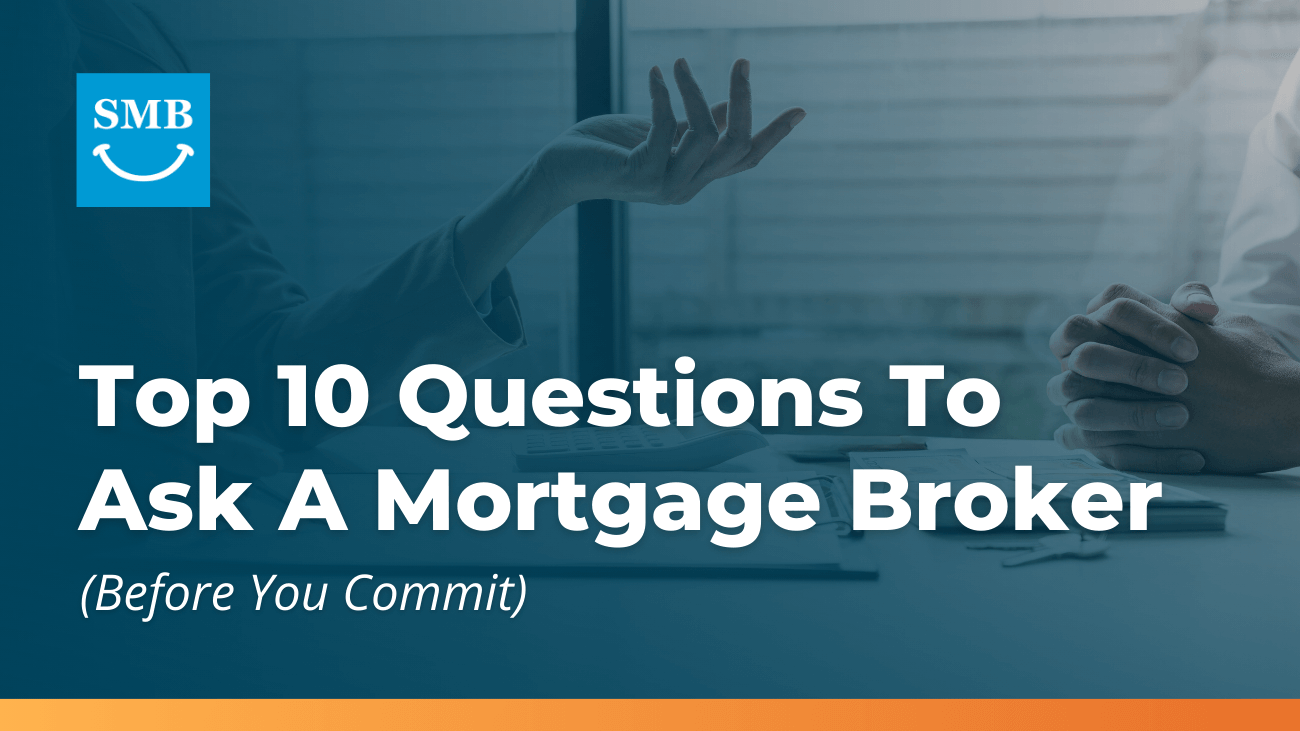
Top 10 Questions To Ask A Mortgage Broker (Before You Commit)

The Worst First-Time Homebuyer Mistakes

The Top 5 Seattle Suburbs for 2020

The Best Seattle Neighborhoods in 2020

How to Find the Best Mortgage Refinance Companies in Seattle

The Best Seattle Neighborhoods for Families

The Best Neighborhoods in Seattle to Buy a Home

The 7 Best Seattle Suburbs for Families

Seattle Neighborhood Guide: The Top 10 Most Affordable Places To Live In Seattle

SOUTH LAKE UNION ; Seattle Neighborhood Tour

Seattle Summer Housing Market Guide 2020

Seattle Housing Market Update 2020

Seattle Housing Market Hacks

Save Money When Buying a House in Seattle

Save Money on Your Mortgage Refinance

Moving to Seattle with a Family? Here's the BEST Suburbs For You!

Refinancing To Reduce Your Bills and Increase Available Cash

Neighborhoods in Seattle to Buy a Home 2020

Real Estate Trends in Seattle

Mortgage Down Payments in Seattle

MAGNOLIA ; Seattle Neighborhood Tour

Mistakes to Avoid with Cash-Out Refinance

How to Refinance Your Home in 9 Steps

Jumbo Loan Limit vs Conforming Loan Limit in Seattle for 2021

KIRKLAND ; Seattle Neighborhood Tour

Jumbo Loan Limit in Seattle for 2021

ISSAQUAH ; Seattle Neighborhood Tour

Is My Credit Score Good Enough to Buy a House?

How to Buy a House; Home Buying 101

How to Lower Your Monthly Mortgage Payment

How to Get the Best Rate for Your Home Loan

How to Buy a House for Less

How Much Home Can I Buy in Seattle?
How Much Do You Really Need for a Down Payment in Seattle?

How Much Home Can I Afford?

Home Price Forecast for Seattle 2020

How Hot is the Seattle Real Estate Market?

How Hot is the Seattle Real Estate Market in 2022?

Home Inspection Questions You Need to Ask

Do You Need a Realtor to Buy a House in Seattle?

FHA vs. Conventional Loan: Which Mortgage Is Right for You?

Find the Best Mortgage Lender for Your Home Loan

Federal Housing Administration Loans 2021

Down Payment Requirements in Seattle

FACTORIA and SOMERSET ; Bellevue Neighborhood Tour

Everything you Need to Know About Seattle Jumbo Mortgages

Everything You Need to Know About VA Loans

Advice To A First Time Home Buyer: Down Payment Assistance Programs Exist for Millennials

CROSSROADS ; Bellevue Neighborhood Tour

Down Payment 101: How Much Money Do I Need to Buy a House?

COVID-19 Mortgage Help for Homeowners

Comparing ARM vs. Fixed Rate Mortgage

Can I Afford To Buy A Home In Seattle?

Choosing the Best Lenders for Home Loans
How to Use Restricted Stock Units to Buy a Home in Seattle

ARM v. Fixed Mortgage: Which is Right For You?

Ballard or Queen Anne? The Best Neighborhoods of Seattle to Buy a House

Avoiding the Worst Seattle Mortgage Lenders

Are You Buying a House in Seattle? Here’s the Ultimate Survival Guide
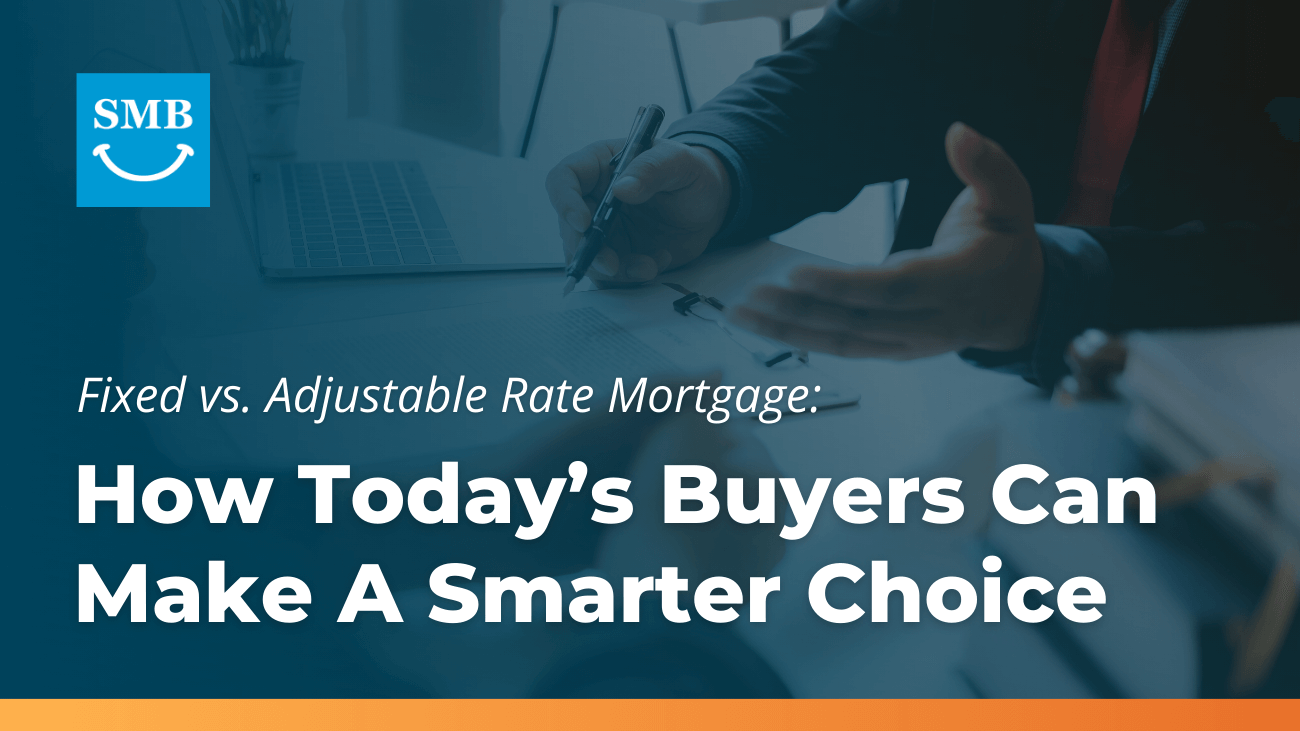
Fixed vs. Adjustable Rate Mortgage: How Today’s Buyers Can Make A Smarter Choice

ALKI BEACH ;; A Seattle Neighborhood Tour

A Complete Guide to Refinancing Your Home Loan

8 Ways to Lower Your Mortgage Payment


















